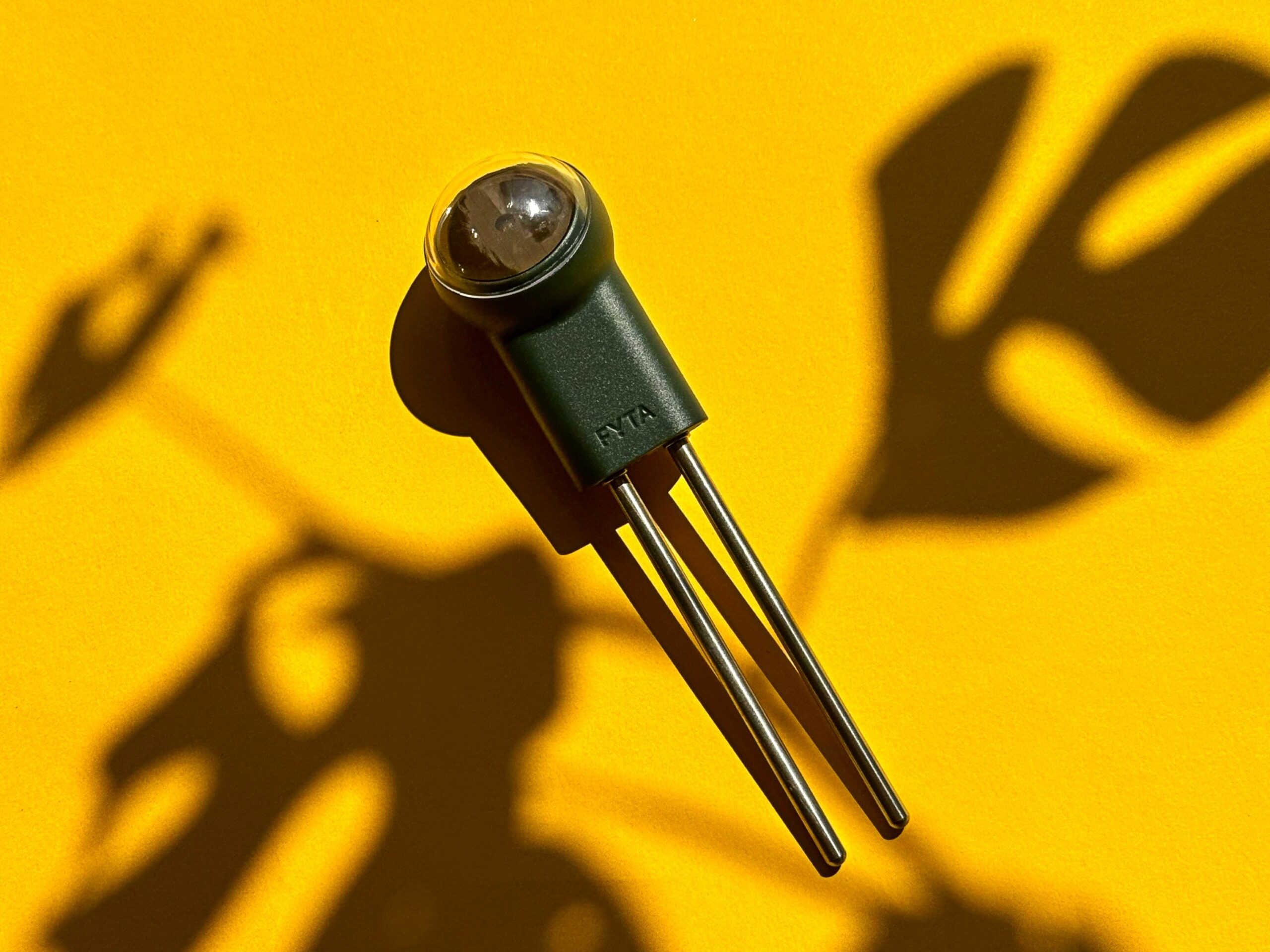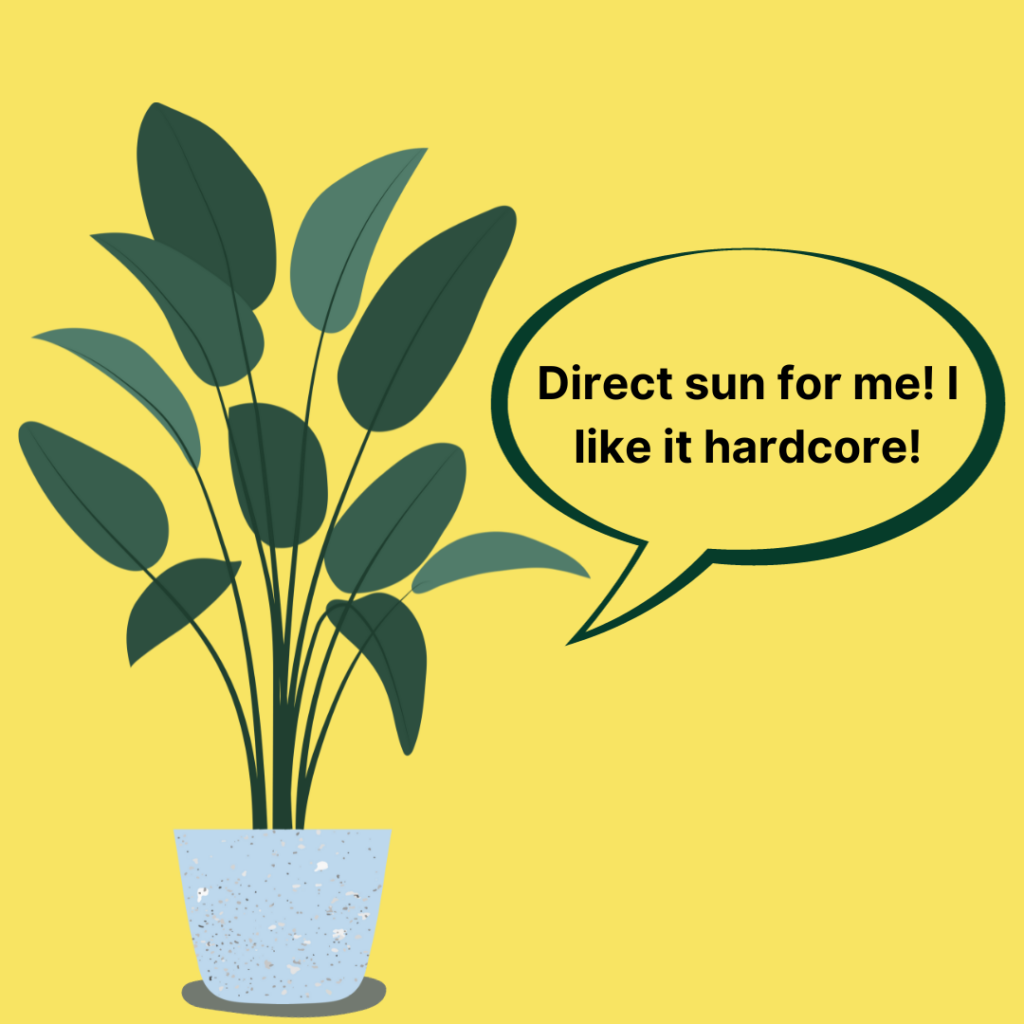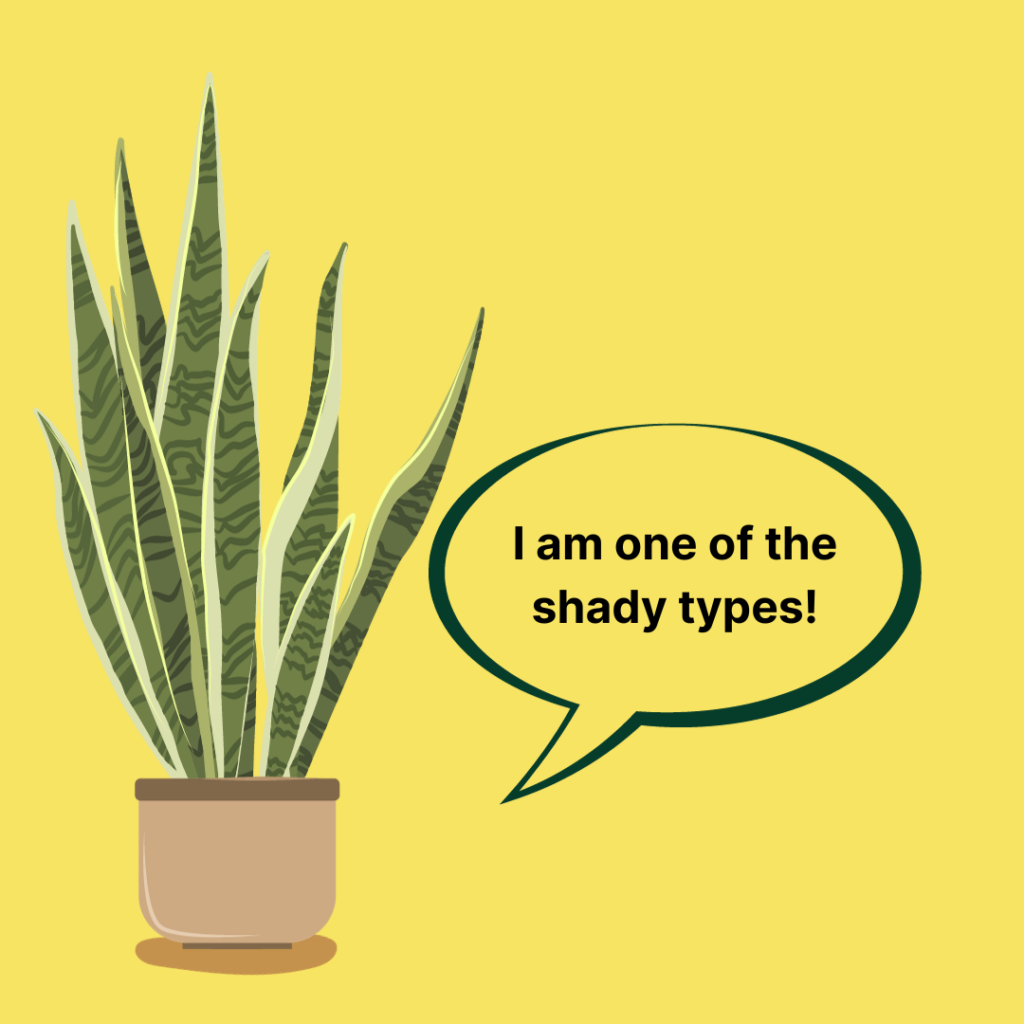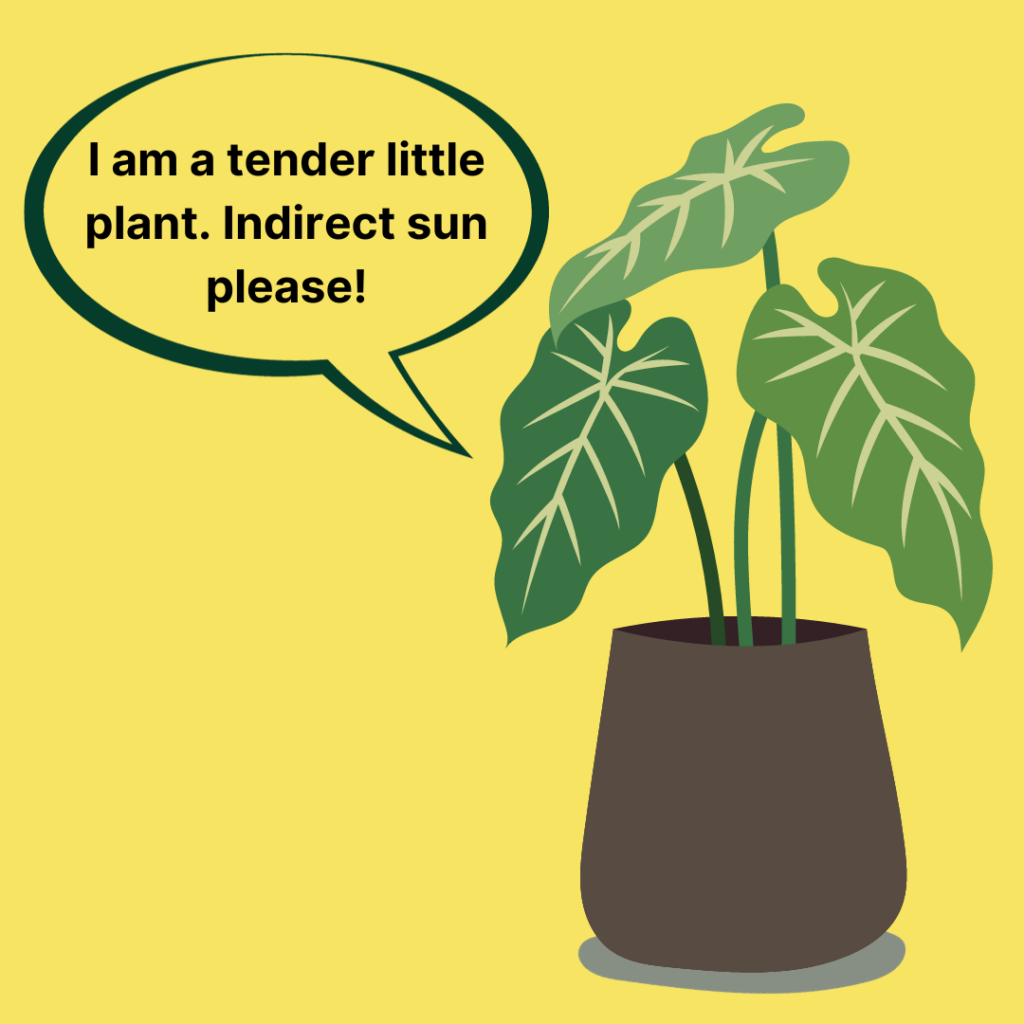


Sunlight emits a variety of wavelengths (colors) when it shines on the earth. However, plants only use some of these wavelengths, mostly red, blue and green, for photosynthesis. The rest of the wavelengths are not utilized by the plant.
Analysis
Many plants can withstand poor light conditions for a while, but all plants will suffer and die if they do not receive enough light over a long period of time. In our analysis, we take into account both the type and amount of light your plant receives.



Snapshot
The hourly view shows you the PAR value, which stands for Photosynthetically Active Radiation and is expressed in micromoles per second (µmol/s). Essentially, PAR measures the amount of light that is usable by the plant and ignores the rest. This hourly value is only a snapshot and cannot simply be multiplied to arrive at the daily value. Instead, all hourly measured values add up to an integral.
Long-term analysis
In the daily, weekly and monthly view, PAR is displayed in the form of the daily integral (DLI). This is the sum of usable light that your plant consumes over the course of a day, expressed in moles per day (mol/day).
